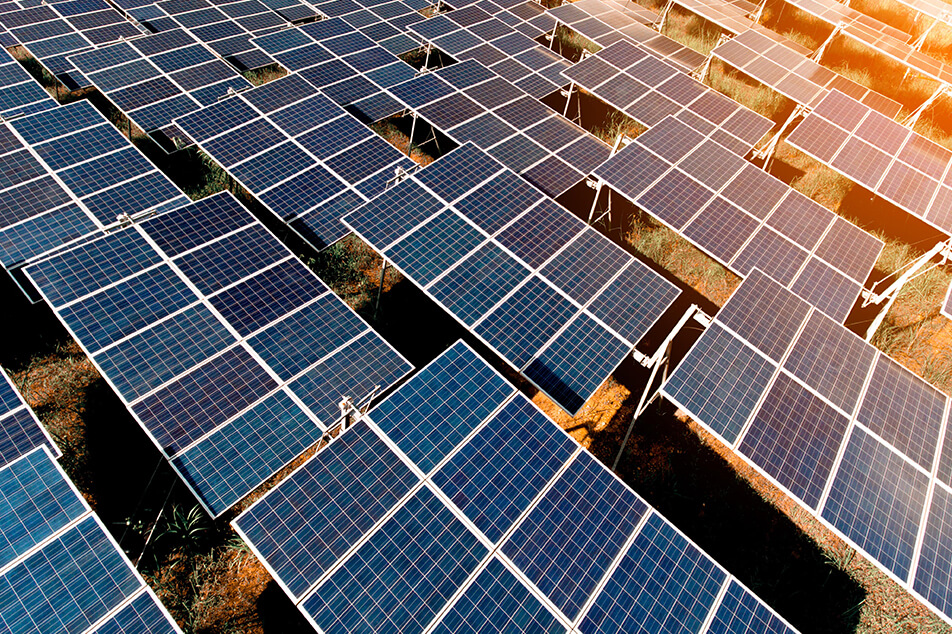The Smart Export Guarantee (SEG) came into force on 1st January 2020 to ensure households and businesses with small-scale renewable technologies are paid for the excess renewable electricity they have generated and put into the grid.
The Smart Export Guarantee has replaced the Feed-in Tariff (FIT) scheme, which paid many solar panel owners for the electricity generated at home. Under the new law, energy suppliers must pay electricity households and businesses for the electricity they generate but don’t use themselves – such as those with solar PV panels and other small-scale renewable electricity generators.
The legislation makes it a legal duty for energy suppliers (with over 150,000 customers) to introduce export tariffs, whilst MCS certification (or equivalent) will be needed to qualify for the SEG scheme. For homeowners and businesses, actual energy savings and SEG earnings will depend on the amount of electricity exported to the grid, tariff rates and the price paid for the electricity. Companies must pay ‘more than zero’, and research by Which in January 2020 found that energy companies were paying between 0.5p/kWh and 5.5p/kWh. That said, the government has stated that it will intervene should energy suppliers not provide sufficiently competitive tariffs.
Under the SEG, electricity can be produced by the following renewable technologies:
- Solar panels (pv)
- Wind
- Hydro micro combined heat and power
- Anaerobic digestion
It’s important to understand that homes and businesses putting excess renewable electricity into the grid are guaranteed payment under the new scheme, however, they must sign up to a SEG tariff to benefit. SEG may help bridge the gap to a smarter and more efficient energy system and here at Environmental Energies, we will keep you updated as the legislation evolves. For example, in the future it’s likely that tariffs will become increasingly smart.

